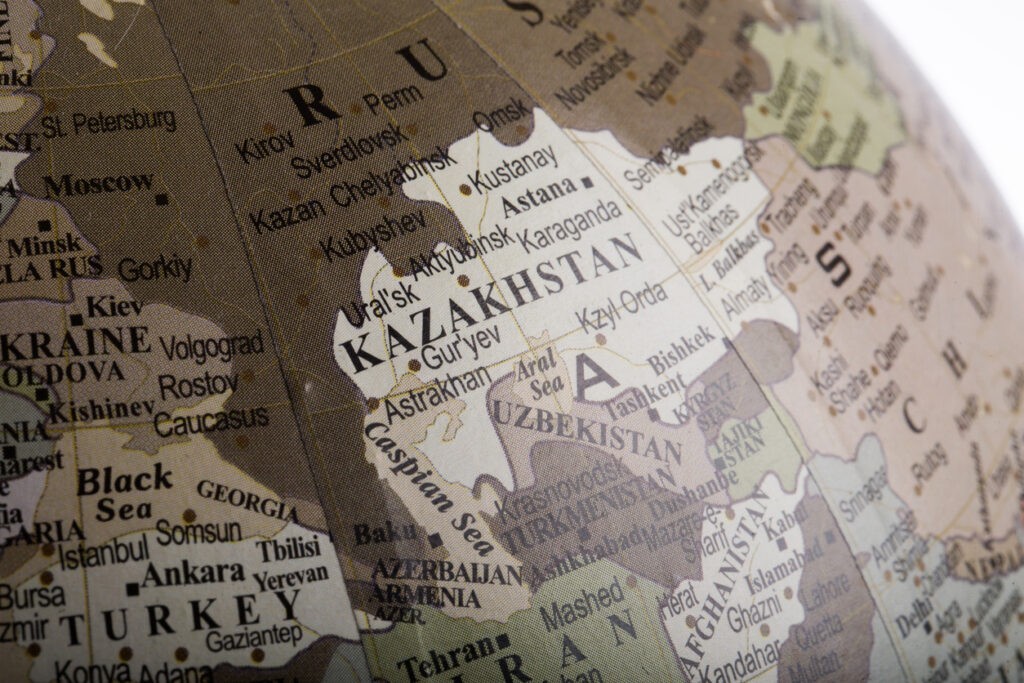Kazakhstan Will Not Extend Wheat Import Ban
Kazakhstan’s Ministry of Agriculture has announced that the country will not extend the ban on wheat imports, which was in effect from August 21 to December 31, 2024. However, officials have not ruled out the possibility of reintroducing such measures in the future to safeguard the interests of domestic grain producers. “From August 21 to December 31, 2024, there was a ban on the import of wheat into the territory of the Republic of Kazakhstan (RK) from third countries and from the EAEU countries by all means of transport, except for the transit of wheat through the territory of Kazakhstan. Thus, from January 1, 2025, the ban on imports of wheat into Kazakhstan and imports will be carried out without restrictions,” stated the Ministry of Agriculture. The ministry noted that future decisions on non-tariff measures regulating wheat imports would depend on the situation in the grain market. This leaves open the possibility of reintroducing temporary bans on imported wheat if necessary. The current ban was introduced to stabilize domestic grain prices. In October, Deputy Prime Minister Serik Zhumangarin explained that earlier attempts to regulate imports through less restrictive measures had failed. Wheat continued to enter Kazakhstan through unofficial channels at prices lower than the cost of domestically produced grain, disrupting the local market. “We needed this ban to determine the price on the domestic market, to give a message to the domestic market on price,” Zhumangarin stated. He added that the authorities have now stabilized prices and plan to monitor wheat pricing at the border to avoid the need for future blanket bans. The ban had a significant impact on wheat imports from Russia. In the first half of 2024, 1.3 million tons of Russian wheat were imported, often labeled as feed for poultry farms or raw materials for Kazakhstan’s flour milling industry. This figure sharply contrasts with Kazakhstan’s annual grain consumption of 1.7 million tons, based on per capita consumption of 64 kg annually. Kazakhstan entered the ban period with robust grain reserves of 5.1 million tons and anticipated a record harvest of 25 million tons in 2024. In reality, the harvest exceeded expectations, reaching 26.5 million tons, according to the Ministry of Agriculture. Despite these gains, the competitiveness of domestic grain within the country remains a concern. The Times of Central Asia previously reported Kazakhstan’s ambitious export plans, aiming to ship up to 12 million tons of grain from the new harvest to international markets. However, competition with Russian wheat has complicated these efforts. In response to Kazakhstan’s ban, Russia imposed partial restrictions on importing Kazakh agricultural products in October 2024. More critically, Russia began redirecting its wheat exports to third countries that have traditionally been key markets for Kazakh farmers.






